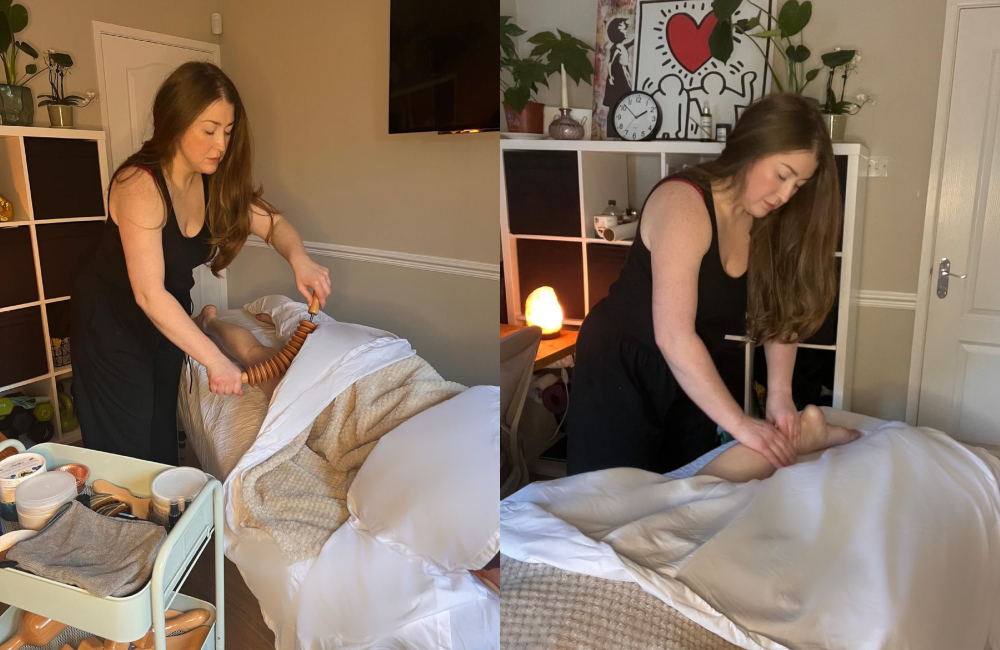
Features
The swashbuckling hero who gave Falkner Square its name
10 months ago
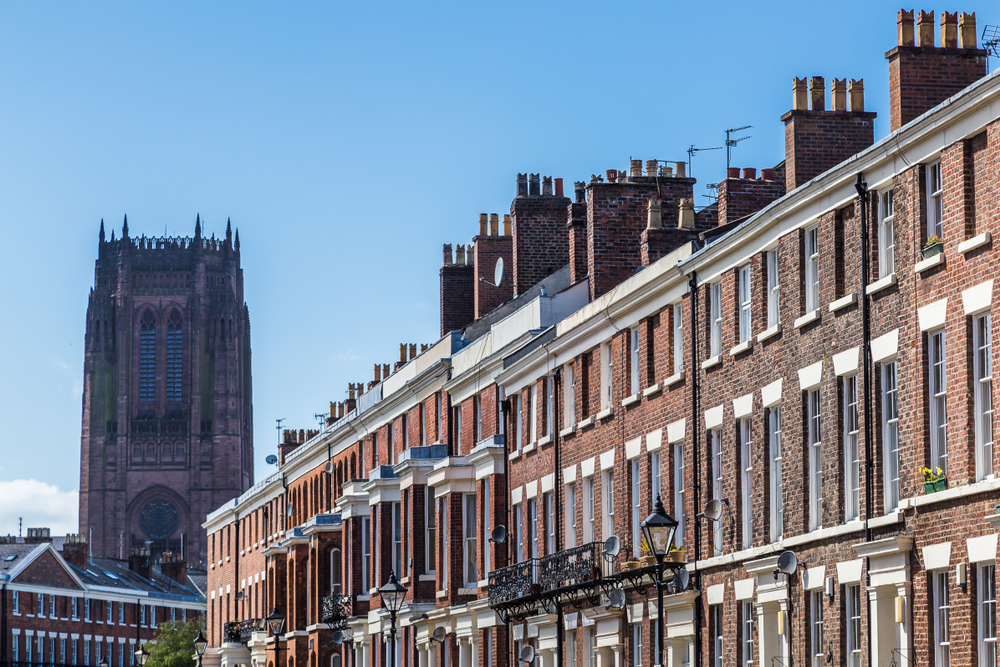
It was originally called Crabtree Lane until a well-known city merchant leased the land to create houses for the wealthy.
But as well as being a property developer the man who gave Liverpool’s Falkner Square – and Falkner Street – its name was something of a local hero.
“Edward Falkner was the Sherriff of Lancashire, and a well-known soldier in Liverpool,” says local historian Stephen Guy. “This was the time of the Napoleonic wars, and everyone was terrified that Bonaparte was going to land and invade England.
“Edward Falkner apparently mustered 1,000 men in a single hour for the defence of Liverpool in 1797 when a French invasion threatened.
“It’s an incredible story.”
Stephen goes on: “Of course, when the war ended in 1815, he was back into civilian life and he wanted this area to commemorate the war. He wanted to call it Wellington Square, but Wellington wasn’t very popular in Liverpool – he went into politics – and so it ended up being named after Edward Falkner himself.
“We’re talking about 1830-35, and that’s how we have Falkner Square.”
Stephen says it was a speculative development by Falkner as the city ‘crept up the hill in Georgian times’, adding: “I understand it didn’t really take off at first. It was an unpopular area and took a while to become fashionable with people starting to buy houses there. It was considered too far out of town, and it was called Falkner’s Folly!
“People of that time thought it was a crazy idea.
“Liverpool was all centred and clustered around the Town Hall and the old castle site – the original seven streets. If you were going from town it was – is – a pretty steep climb, so you can imagine the carriages of the wealthy people (they were known as the carriage folk and it was like having a big car, it was a status symbol) struggling to go up the hill.
“I can remember an old farmer in Rainhill about 40 years ago, telling me about going into Liverpool to market on a horse and cart, and slipping and sliding down the hill. So people were reluctant to move to Falkner Square.
“But as Liverpool prospered and living in town became more unhealthy with the epidemics of the 1840s when average life expectancy in the city was 19 (brought down because of the number of infant deaths), people wanted to move out, and more and more of the wealthy people chose to live in the new suburbs.”
He adds: “You could call Falkner Square one of the first suburbs in Liverpool – Everton Brow as another one with great big mansions – and it was a salubrious area; if you were up the hill, with a fresh breeze, you were considered a lot healthier than down in the town where it was sheltered.
“Gradually it grew, and the square was one of the first open spaces, the first corporation park if you like, around 1835 when the development was pretty much completed.
“In the period we are talking about it became a very smart, fashionable place to live in – with merchants, and the business community.
“And, I’m assuming, Edward Falkner himself.”




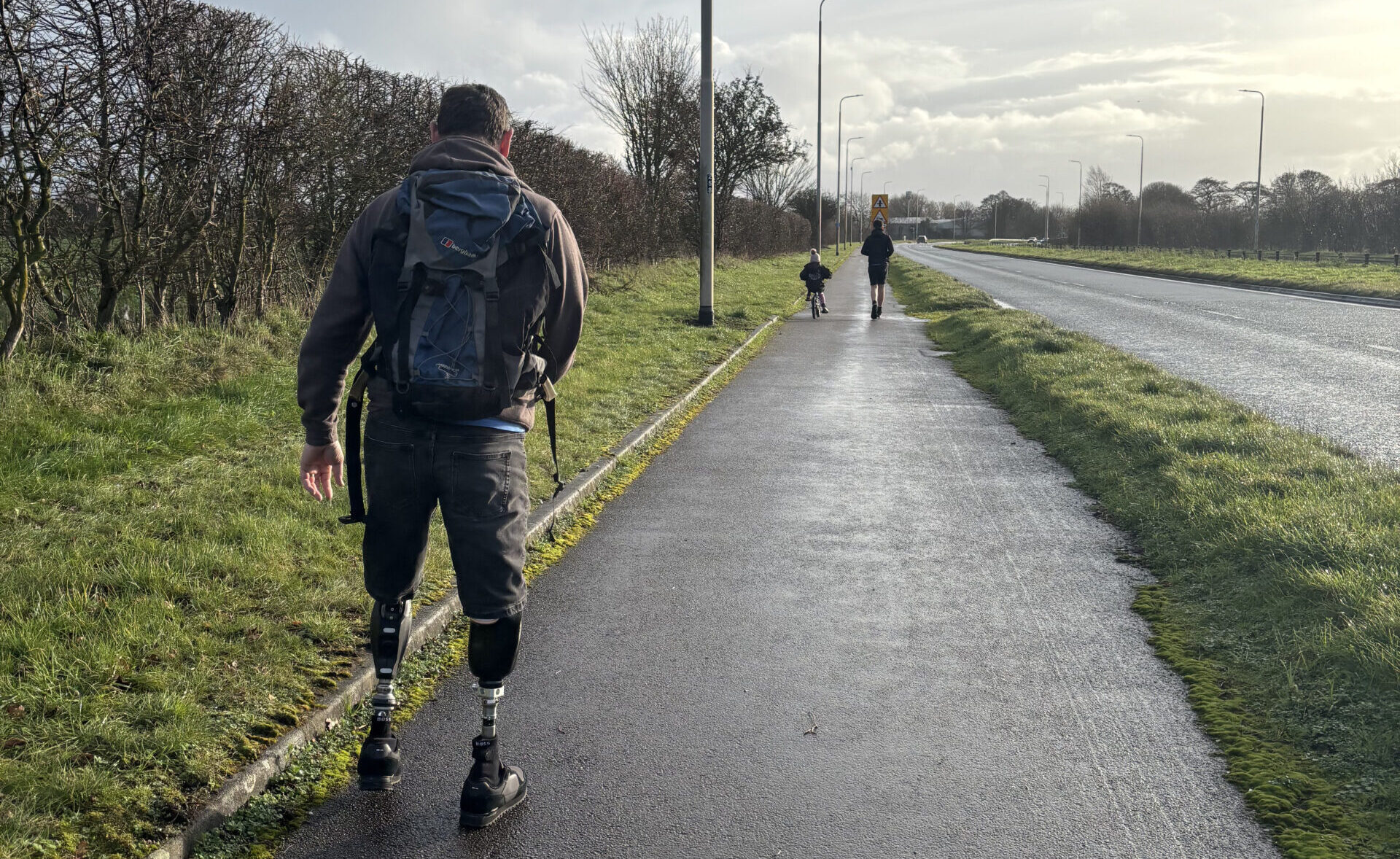
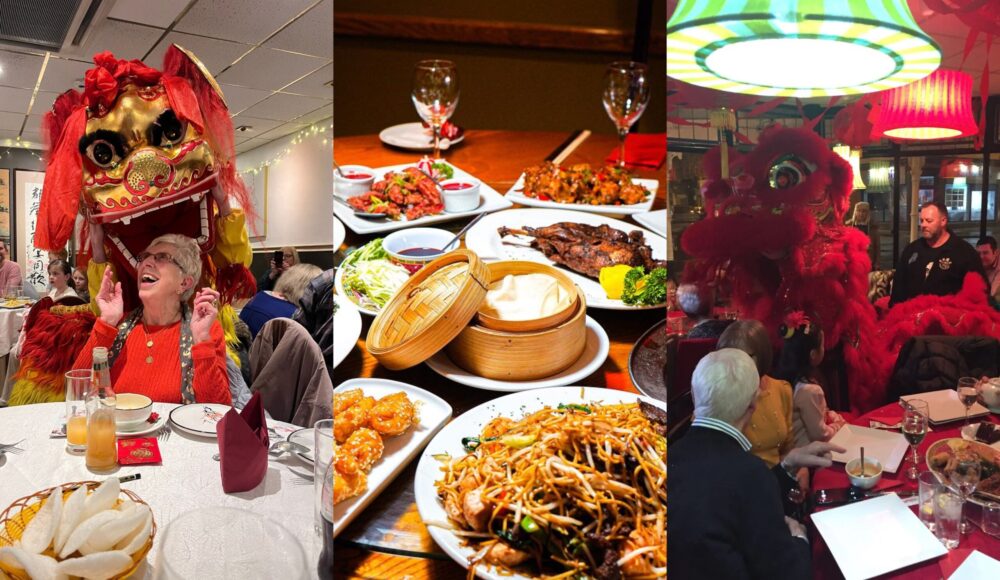


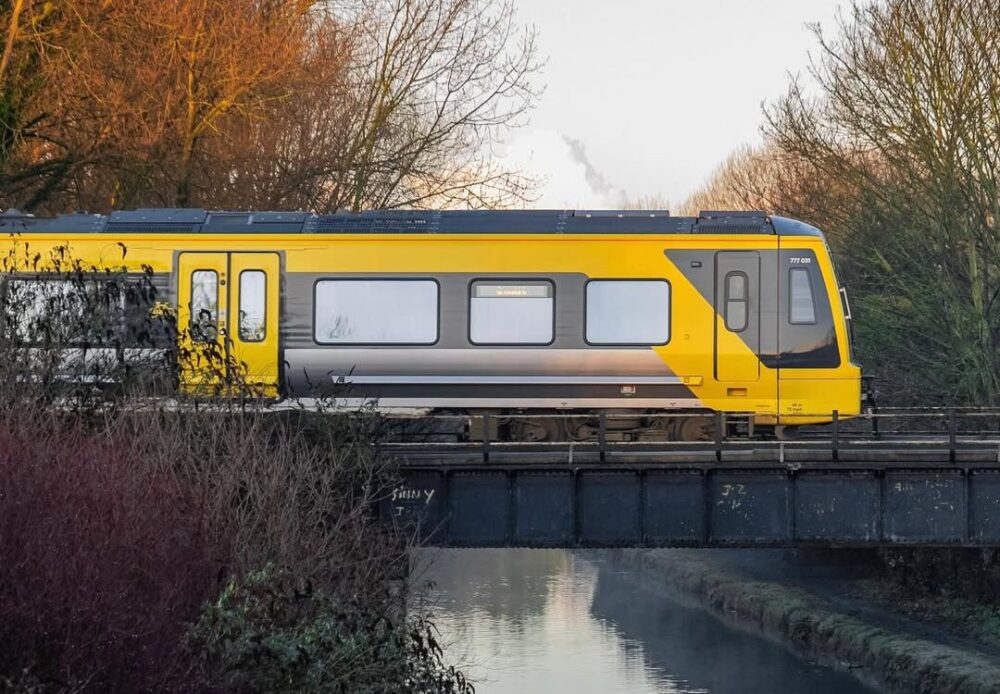
 Subscribe
Subscribe Follow Us
Follow Us Follow Us
Follow Us Follow Us
Follow Us Follow Us
Follow Us Follow Us
Follow Us











